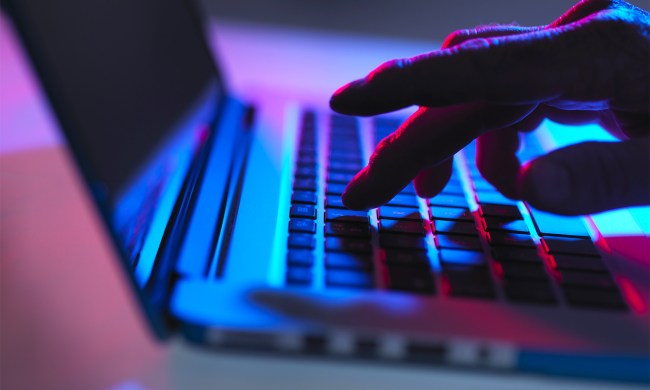
During April 2008, Michael J. Birkeland decided it would be a brilliant idea to steal a laptop computer from a Utah Valley University classroom. The laptop belonged to Perry Stewart, an art professor at UVU. Stewart primarily used the laptop for lectures, thus his coursework and presentations were stored on the computer. Two days later, the computer was recovered from Birkeland, but all of Stewart’s files had been erased. Birkeland admitted to the crime and pleaded no contest to theft, a class A misdemeanor.

Based on Stewart’s recovery time, the state argued that Birkeland should provide financial restitution in the amount of $47,500 ($50 an hour for time spent recovering files). Birkeland opposed the ruling on the grounds that the misdemeanor charge had a limit of $1,000 in damages and Stewart would be getting paid anyway due to the salary structure of the position. After listening to both arguments, the district court ruled against Birkeland’s misdemeanor claim, but adjusted financial restitution to the amount of time spent beyond the salaried position at the university. Birkeland was ordered to pay for 25 percent of the 950 hours at a rate of $41 an hour, a total of $9,758.
Birkeland appealed the ruling, but judges Carolyn McHugh and Stephen Roth found Birkeland’s admission of guilt more than enough justification to uphold the financial award. They also believed that deletion of the files was intended to allow Birkeland to sell the laptop quickly on a third party service like Craigslist or eBay.


